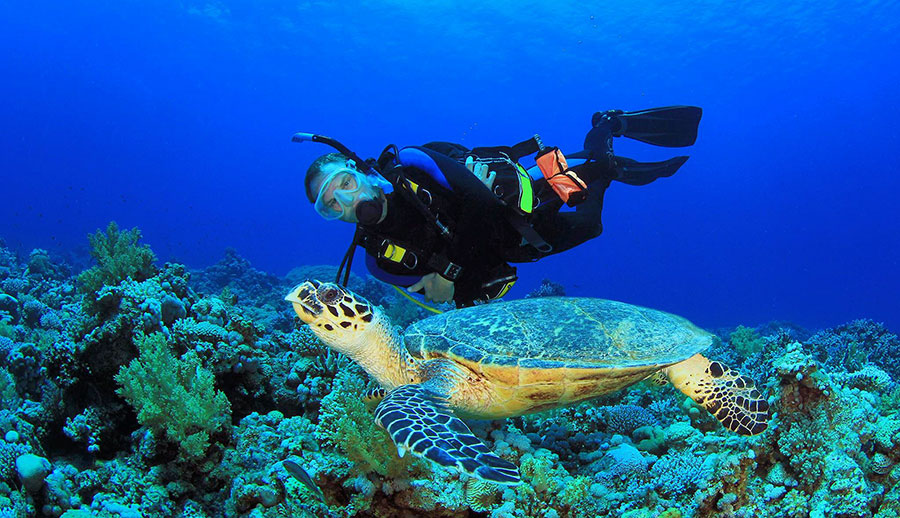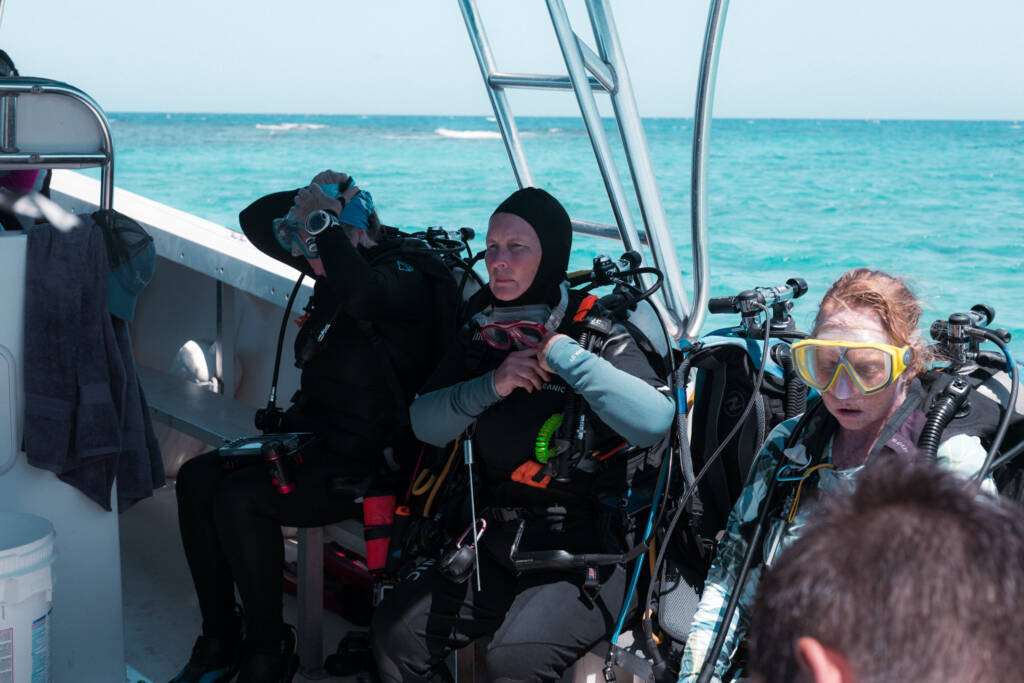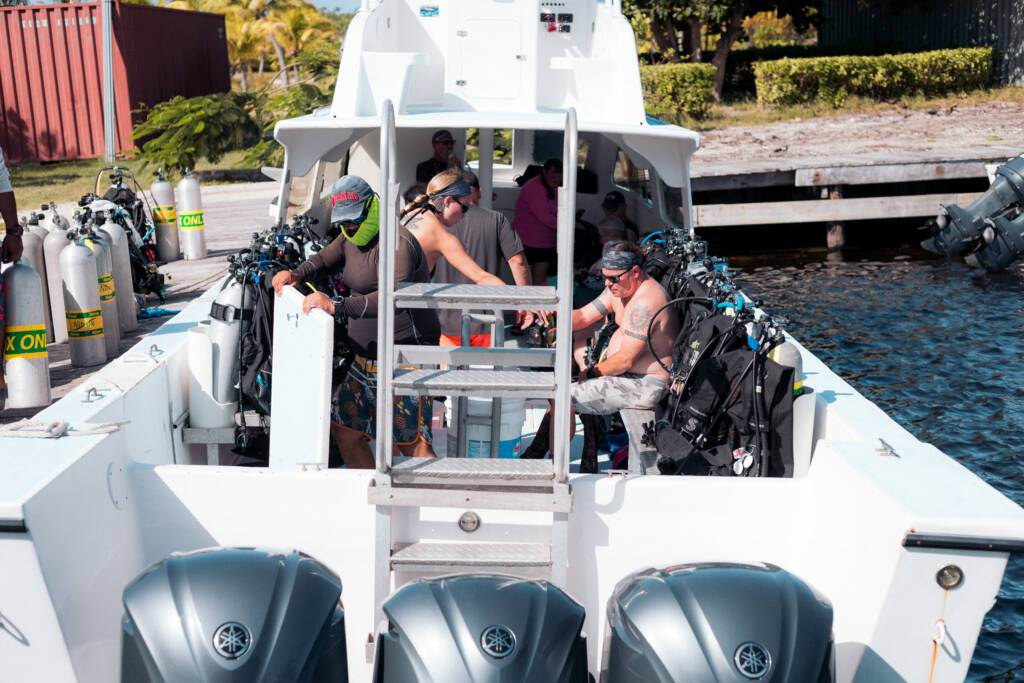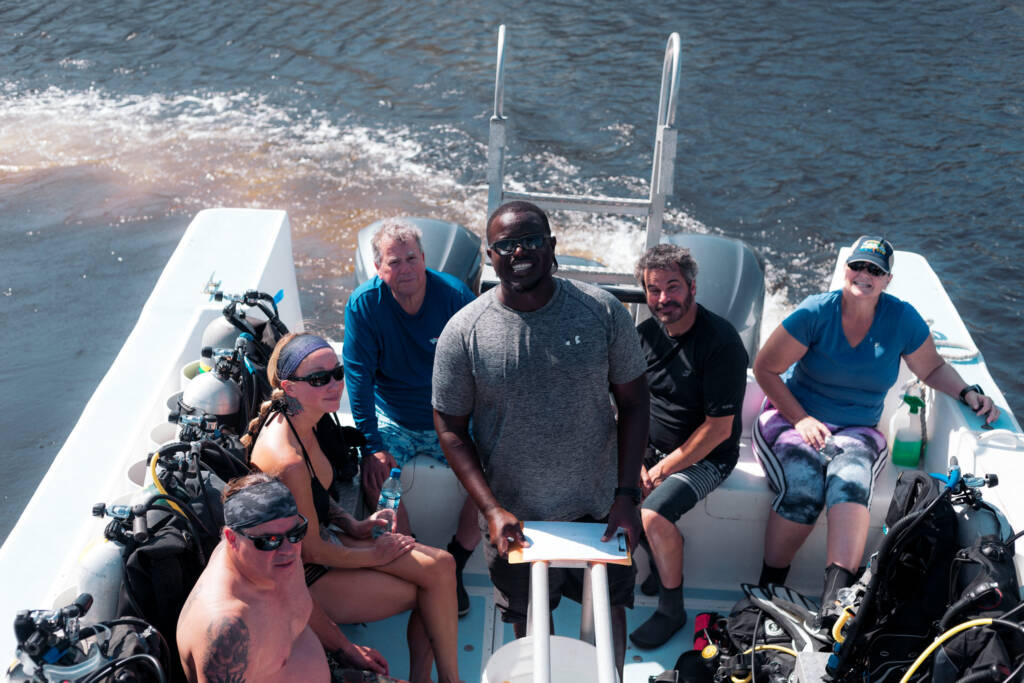
6 Scuba Diving Tips for Advanced Divers
If you’re an advanced diver, you might think you have nothing left to learn or that you don’t need any tips or reminders. But the reality is, there’s always more to learn and going back to basics is good for maintaining safe practices. Wherever you’re at in your scuba diving career, we hope these tips for you advanced divers will be useful.
Here are 6 tips for advanced divers…

-
Don’t Stop Taking Courses
Our first tip is to never stop learning! There are always courses you can take or retake to improve your skills. For every type of dive you want to do, there are courses. Make sure you have the right training from an accredited group for whatever type of diving you do.
There are so many specialty dive courses, including:
- Diving at Altitude
- Underwater Videography
- Underwater Photography
- Dry Suit Diver
- Deep Diver
- Buoyancy
- Wreck Diving
- Night Diving
- Search & Rescue
Belize Dive Haven offers most of these courses which are overseen by 5-star PADI instructors, so you can take advantage of them on your next Belize scuba trip.
Always Take a Reel When Wreck Diving
When you go wreck diving, there are a lot of potential navigational issues that can arise. No matter what your level and sense of direction, visibility isn’t always a given, and it’s possible for even the most experienced divers to get turned around.
Therefore, it’s wise to always have a wreck reel with you on wreck dives. It’ll help you trace your path as you explore a shipwreck so you’ll never get lost. You can learn how to use a wreck reel in a wreck dive course.

Use Gear You Know Well for Deep Diving
Our next tip is to use gear that you’re super comfortable with when you go deep diving. It’s certainly not the time to try out new equipment. You want to be familiar with the controls on your BCD and you want to know every piece of your dive computer.
Everything up to your mask must be reliable, and it’s better if it’s all your gear. After all, you don’t want to be learning about new equipment or find a fault with your mask when you reach the bottom.
Scope Night Dive Sites During the Day
Being underwater at night is a whole new world compared to daytime. Nocturnal marine life comes out of hiding and visibility is completely different. You don’t want to do a night dive without having scoped the place out during the day. It should not be totally unfamiliar to you.
So, on the day of your expected night dive, take the time to check out the site during daylight. This will allow you to get the lay of the land and familiarize yourself with the area a bit. Dealing with low light and unknown territory at the same time can be a recipe for disaster!
Know Your Kicks & When to Use Them
Another tip for advanced divers is to relearn your kicks and what they’re each used for. During open water certification, you learn kicks. Though each kick is used for different situations, many divers tend to stick with a kick that works best for them and leave it at that. However, that’s not a good idea. Certain dives, like cave dives, require the use of specific kicks (i.e. frog kick and short frog).
While you might consider these kicks “basics”, many people forget the basics as they get more into technical diving. But, they’re worth revisiting and working back into your dives, as they serve specific purposes.

Have Backups When Cave Diving
For the most part, advanced divers know to be prepared for anything when they go diving. But, as you get more comfortable, you might forget or stop doing certain things that you used to do because you’re more confident.
So, we’ll take this time to remind you that you should always have backups, especially when cave diving. For cave diving specifically, take two extra traditional dive lights as backups. And don’t forget to have backups for your air. Bring a system with two on-off valves and two regulators first stages.
Stay Safe & Keep Learning
In the end, whatever level of diver you are, we hope these tips help you stay safe and encourage you to keep learning. When you become so advanced at something, sometimes you get too comfortable and skip safety measures or forget the basics. However, diving is serious and can have grave consequences, so always put safety first. If you find you’re developing bad habits, retake a course. If you’re getting bored or feel stuck, take a new course.
You can take a basic or specialty course at Belize Dive Haven.
Just 30 miles from Belize City, Belize Dive Haven is located in pristine Turneffe Atoll. Consisting of creeks, lagoons, mangrove islands, and cays, the atoll is home to over 500 species of fish, 65 different species of stony corals, birds, turtles, manatees, and dolphins.
Follow us on Facebook, Instagram, and Twitter for more opportunities to learn!

